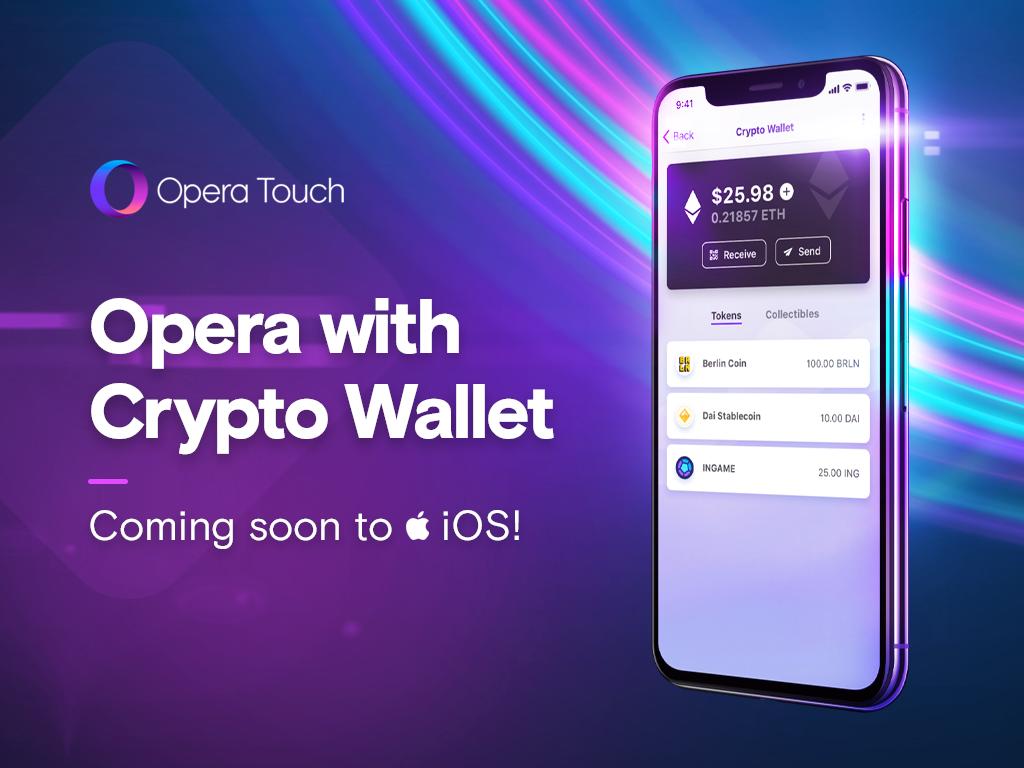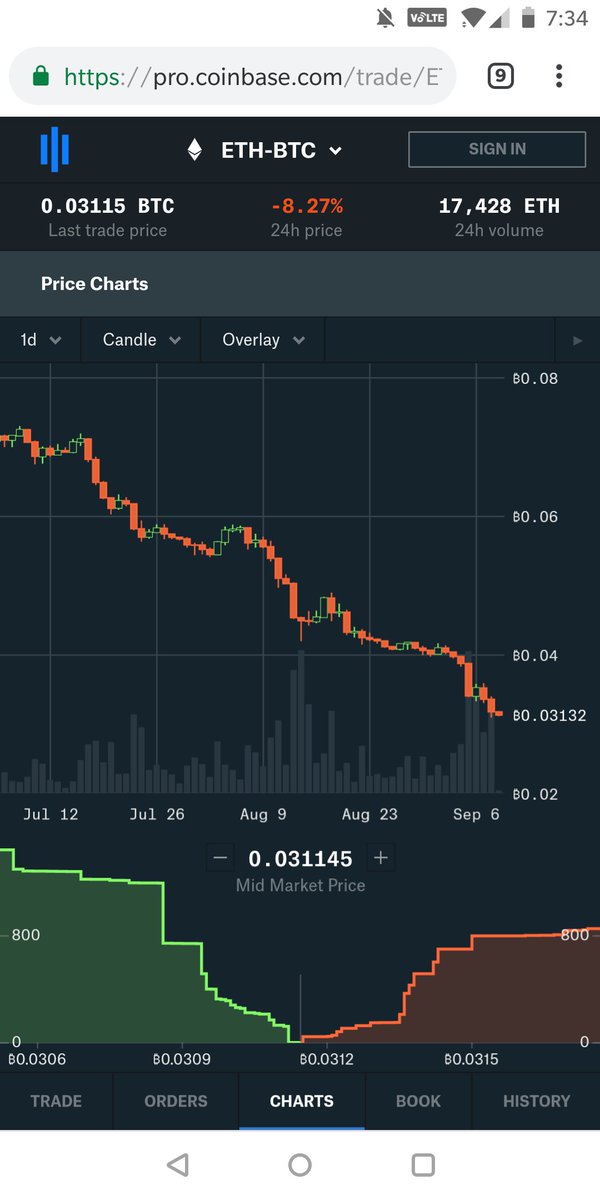I've seen many attempts but most fall short for a variety of reasons.
Let's see if we can fix that. 👇
It will take weeks or months of research before things really click.
You won't learn anything unless you're both curious and open-minded.
To fully appreciate them requires understanding both their economic and technological features.
The tech is more difficult to understand though, so we'll start with economics.
Humans have been using money for 40k+ years.
We started with small objects that were rare in nature and whose circulation could be controlled.
This meant using things like shells or even animal skins as money.
Eventually we started using coins.
Increasingly however, money has become digital.
We now store our money in banks (where it is managed digitally) and we increasingly send money digitally.
It makes it easy to send money around the world.
But this comes at a cost.
Third party services like Venmo can see who you're sending money to and how much you sent. And they charge (sometimes high) fees for services.
- unconsciously placing more and more power and trust into the institutions that handle our money
- and slowly moving away from physical money (cash).
Is that a good thing?
Cash transactions are largely private and most importantly, they don't need anyone's permission and cannot be reversed.
I don't need anyone's permission.
Nobody can prevent me from handing my friend a $20 bill or reverse the transfer.
And nobody else should or needs to know about it.
- it requires permission
- transfers can be reversed (censored)
- transfers are not private
- and global transfers can be slow and expensive
Cash use has halved in the past 10 years and is forecast to halve again in the next decade.
bbc.com/news/business-…
- your account can be locked
- bank errors can send you into deep financial problems
- and you lose the option to exit the financial system in an economic crisis
fee.org/articles/the-c…
the freedom to transfer value and be in control of your money.
Transfer of these assets is
- permissionless
- censorship-resistant
- semi-private
- and sometimes faster and cheaper
What's more, creating a digital "bank account" to hold crypto assets is free and doesn't require permission.
centerforfinancialinclusion.org/new-global-fin…
In this way, they serve as a critical hedge against the risks present in today's financial systems.
People are willing to buy and hold these assets to take advantage of their features (or utility) and because some believe (or speculate) that they will become more desirable as risk in the traditional financial system increases.
Where things become a bit more complicated is in trying to understand why or how the many crypto assets differ and the technology behind them.
- decentralization (ie, to what degree is the control of a system distributed so that no single party is in control)
- privacy features
- security
- monetary policy (how is the supply of the asset managed?)
- and more
Now that you understand the economic importance of crypto assets, I encourage you to dig deeper.
Just know that there is a lot of material out there (some of which is bad) so separating the signal from the noise can be hard.
Seek them out, ask questions, and be curious.






